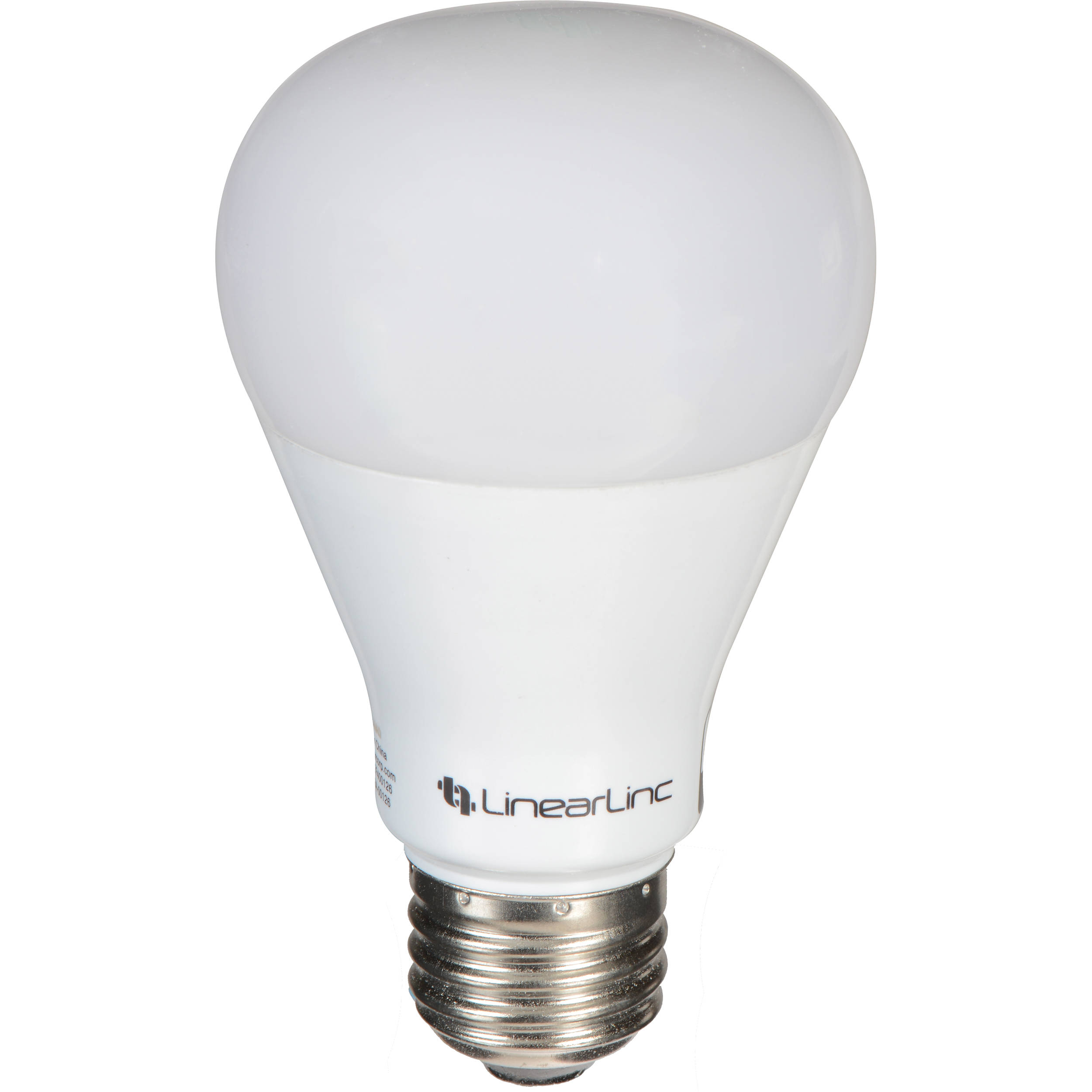this post was submitted on 03 Nov 2023
151 points (91.7% liked)
Asklemmy
45284 readers
1249 users here now
A loosely moderated place to ask open-ended questions
If your post meets the following criteria, it's welcome here!
- Open-ended question
- Not offensive: at this point, we do not have the bandwidth to moderate overtly political discussions. Assume best intent and be excellent to each other.
- Not regarding using or support for Lemmy: context, see the list of support communities and tools for finding communities below
- Not ad nauseam inducing: please make sure it is a question that would be new to most members
- An actual topic of discussion
Looking for support?
Looking for a community?
- Lemmyverse: community search
- sub.rehab: maps old subreddits to fediverse options, marks official as such
- !lemmy411@lemmy.ca: a community for finding communities
~Icon~ ~by~ ~@Double_A@discuss.tchncs.de~
founded 5 years ago
MODERATORS
you are viewing a single comment's thread
view the rest of the comments
view the rest of the comments

Your bulbs might be burning out because of overheating. These bulbs have their powersupply in the bulb screw, so there's no real place for the heat to go. I have a ceiling lamp that causes normal bulbs to reach temperatures as high as 100c, and so they burn out every couple of moths. This might be your issue.
Edit: fixed misspell
Look for bulbs with metal fins where the white plastic is in your image. They're there as a heat sink so the heat disperses into the air rather than building up inside.
Even more so it's in the design. The ones that overheat are being overdriven to their failure point. Better LED bulbs have more LEDs so they can be brighter with less power and more life.
LEDs should not get that hot. That’s literally a part of the technology
The LEDs don't particularly (unless it's a very powerful one), their power supply does though. LEDs run on DC voltage, so they need a converter from the AC line voltage to not die instantly
Ahhhhh ok